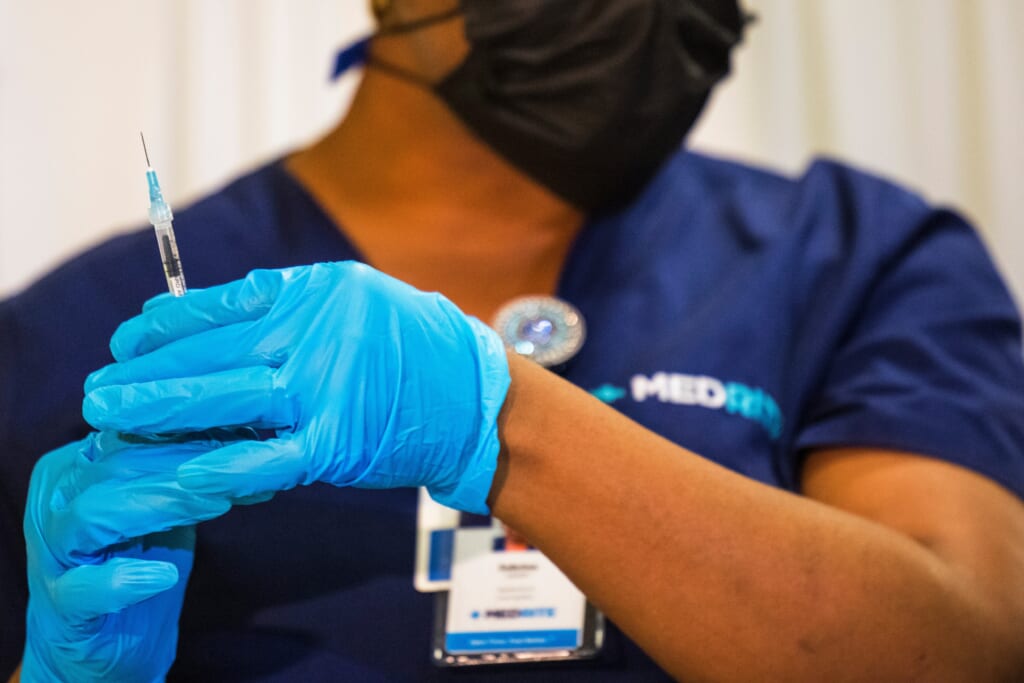Black students are flocking to medical school at record-breaking numbers.
According to the Association of American Medical Colleges, the 2021 school year started with the largest and most diverse class in history. Enrollment by people who identified as Black or African American rose by 21% among the 22,000-plus students who started med school this year.
The association is trying to uncover whether the pandemic, protests for social justice, or even the ease of interviewing due to video calls.
“We are especially encouraged by the growth in applications and new enrollments by students in racial and ethnic groups that are underrepresented in medicine,” said Geoffrey Young, Ph.D., who heads up the AAMC’s initiatives to transform the health care workforce.

“Most of the people who applied had been thinking about it for years” and got nudged by societal events, said Sandra Quezada, MD, who is an associate dean for admissions at the University of Maryland School of Medicine in Baltimore. The AAMC notes that various elements of the pandemic such as shutdowns which cut off other opportunities, as well as the awareness that doctors impact social justice.
Additionally, the pandemic revealed disproportionate health outcomes and access to health care in the country. Kevin Holcomb, MD, associate dean of admissions at Weill Cornell Medicine Medical College in New York City said, “This class of students is very concerned with issues of equity and justice. The pandemic shined a light on health care disparities. That could motivate somebody who says, ‘I want to make a difference in the world. What’s a pathway for doing this?’”
Additionally, protests for social in the wake of the murder of George Floyd by former Minneapolis police officer Derek Chauvin were also an inspiration for many medical schools to increase their outreach to diverse students.
“Medical schools are like the Titanic,” Joyce Sackey, Tufts’ dean for multicultural affairs and global health, said, according to GBH News.
“It’s very difficult to move policies and processes, to be honest. But we are a medical school that has declared that we want to work towards becoming an anti-racist institution. This stand may have also signaled to applicants whom we accepted that maybe this is a place that they can make home.”
According to Norma Poll-Hunter who leads the workforce diversity efforts at the Association of Medical Colleges, more Black doctors could mean better outcomes for Black patients.
“When Black physicians, male physicians are working with Black male patients, we see better outcomes in preventative care or on cardiac care,” Poll-Hunter said. “We’ve also seen that in terms of infant mortality, as well.”
Dr. Cedric Bright says that medical schools have to decrease the cost of medical school as the heavy debt-load still discourages people from applying, but also said that students need community support.
“We need to empower communities to want to raise money to say, ‘We will pay for students that come from this community and hopefully when they finish, they’ll come back to our community and practice.’”
Have you subscribed to the Grio podcasts, Dear Culture or Acting Up? Download our newest episodes now!
TheGrio is now on Apple TV, Amazon Fire, and Roku. Download theGrio today!

